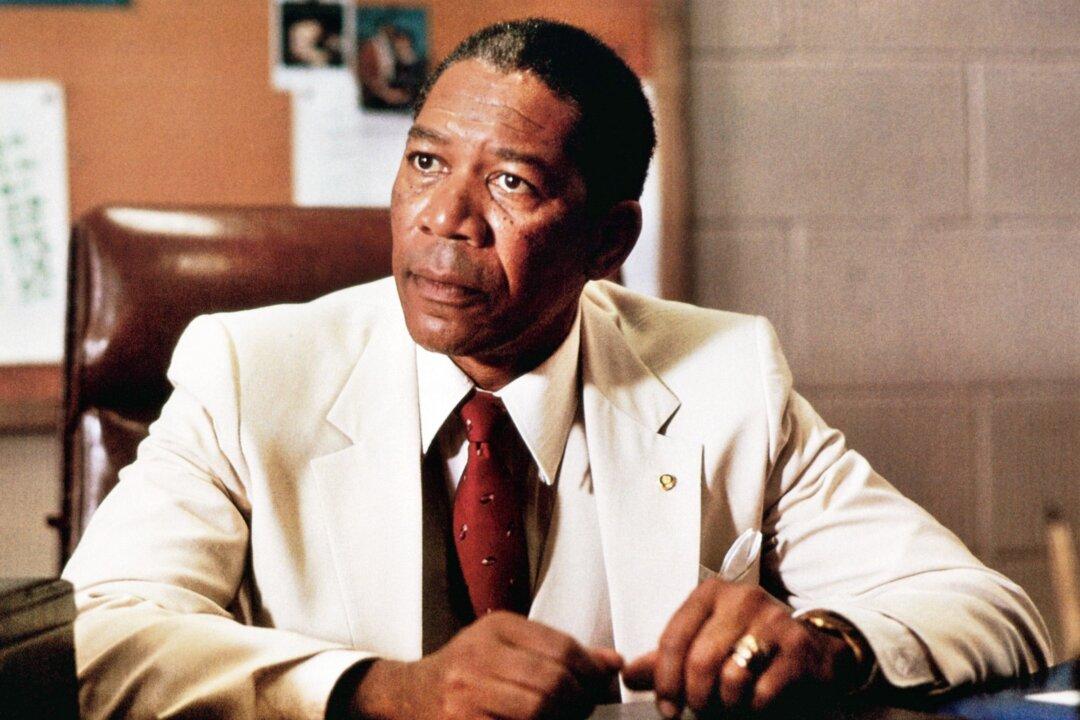This biographical drama is about a real-life high school principal, Joe Louis Clark (1937–2020). In the 1980s, a former U.S. Army drill sergeant, 48-year-old Clark, took charge of Eastside High School in Paterson, N.J., as the school was being ravaged by a legacy of gangsterism.
Almost single-handedly, he saved his school from near-certain decay and subsequent state control by infusing it with his fiery brand of discipline and dignity. The film’s title refers to the eponymous Bill Withers song that also figures in the film. Click here for plot summary, cast, reviews, and ratings.





